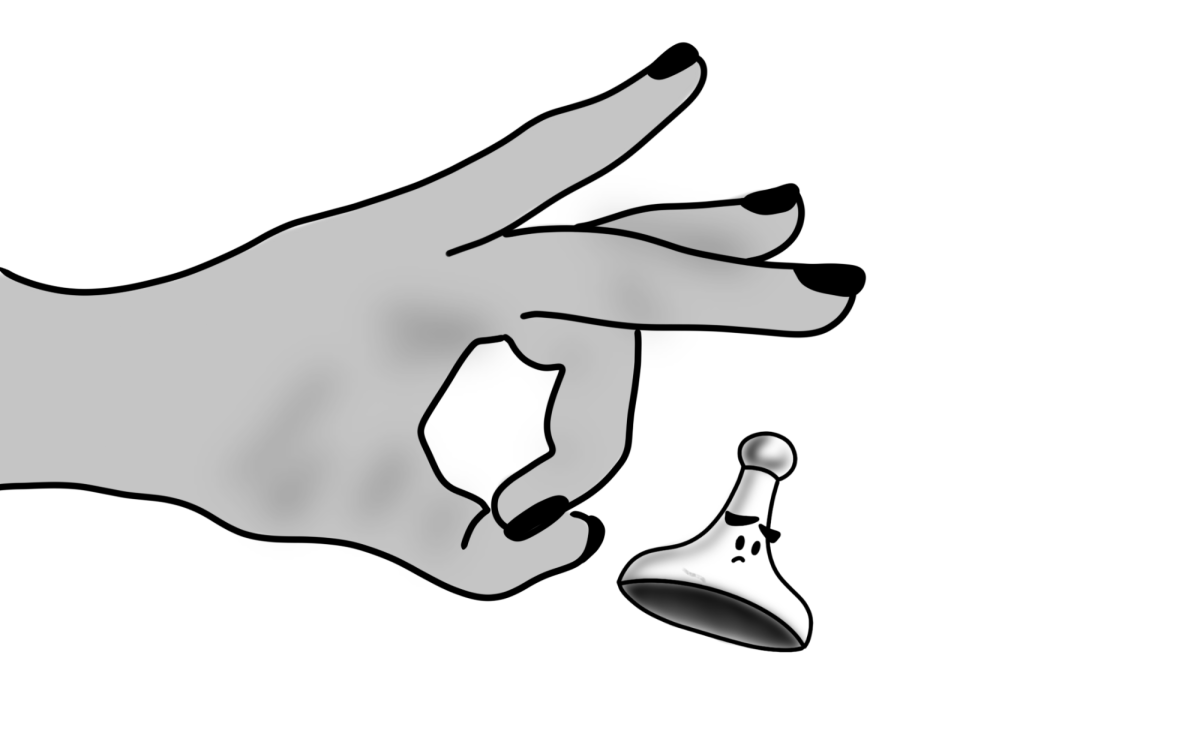A group of sweaty, eager young males gets together in a room, setting up their laptops and ravenously digging their fingers into bags of Cheetos while drawing on cold cans of Mountain Dew.
The ringleader of this circus of betas returns from a trip to the bathroom, takes a seat, puts on his wizard hat, and strokes the greasy peach fuzz on his chin.

He proceeds to roll a d20 in order to decide which wide receiver he will purchase for his roster, and raises his $350 replica elven curve-blade in the air upon discovering that one of his players scored a touchdown.
This is a session of fantasy football.
Long has there allegedly been a great divide between the cultures of sport-enthusiasts and lovers of fantastical lore, or alternatively, the war between jocks and nerds. However, examples such as fantasy football lead me to believe that the breadth of this divide is small, if existent at all.
This stereotypical war draws its roots from the 40s to the 60s, when education became an important pursuit for many Americans, and so grew high school sports. Some people naturally gravitated towards their schoolwork, while others became absorbed in their sports.
While these differences exist, the exaggerated battle between nerds and jocks is a creation of our media and has no basis in reality. Television and movies coined the phrases “nerd” and “jock,” and showed these two groups how they should act and treat each other.
The newest trope to become prevalent in television and movies is the alleged superiority of nerd culture over jock culture, coming from the success of entrepreneurs such as Bill Gates, Steve Wozniak, and Steve Jobs, who revolutionized the definition of the “personalized computer,” and the subsequent Silicon Valley boom and creation of the Internet.
Now, after years of ridiculing it, entertainment media has deemed nerd culture “cool,” “interesting,” and generally superior to sport culture. This has spawned a breed of disgusting, pitiful human beings who try their hardest to fit in with what they see as “nerd culture,” or the way the media portrays it, through shows like TBS’ The Big Bang Theory, in which characters spout buzzwords about computers and popular video games. Those who are truly enthusiastic about their occult passions have come to deem these try-hards “fake nerds.”

Once again, the media has given plain definitions to the two groups, telling them what they’re supposed to be. The only difference is that now, nerds have become the alphas, and the image of a jock has become a hulking, low-intelligence behemoth whose sole purpose in life is to antagonize the hip, trendy nerds through high school, and live a bleak, jobless life after high school.
These images are in flux–eventually, it will be cool to be an athlete again, and the nerd will retreat to his mother’s basement to consume Bagel Bites, sleep with his Hatsune Miku body pillow, and bide his time.
The truth is, the differences between nerds and jocks are marginal. The two are both groups of human beings who are passionate about a subject, devoting large quantities of their time to it. Neither group’s success can be quantified, as the different passions attract many different kinds of people—smart and stupid, dedicated and lazy, happy and depressed.
The fact that the vocal minority of one group enjoys kicking a ball, while the other prefers to swing a cardboard sword with his thick, meaty hands does not indicate anything about those groups at large. It’s time to give up this fake war, and understand that it’s only another fabrication of entertainment media.






